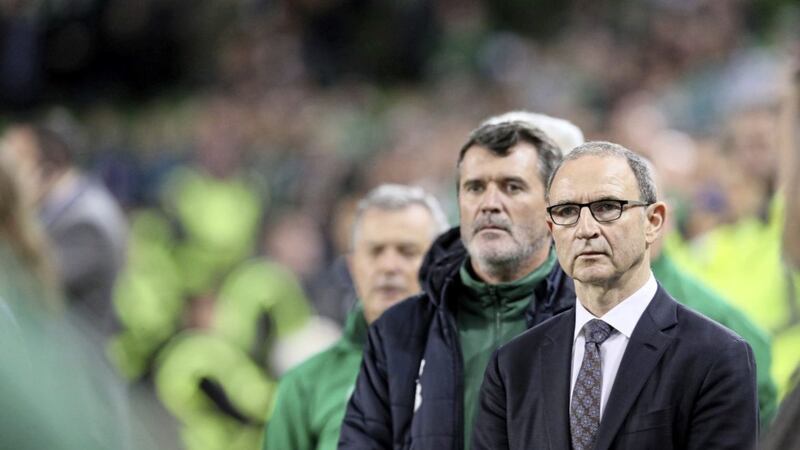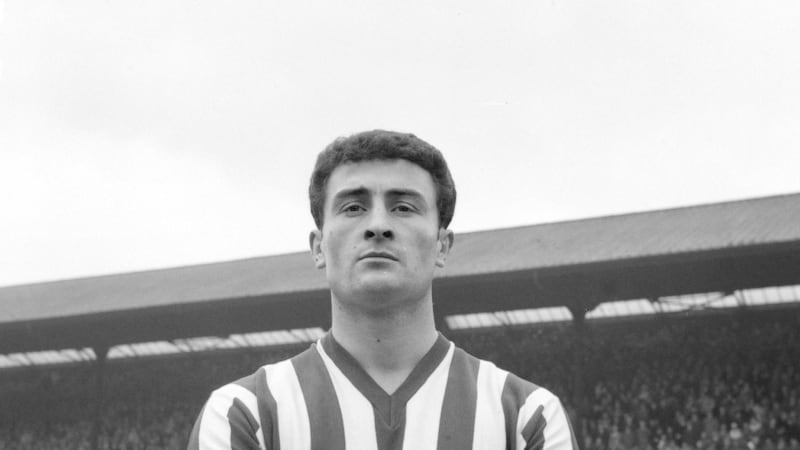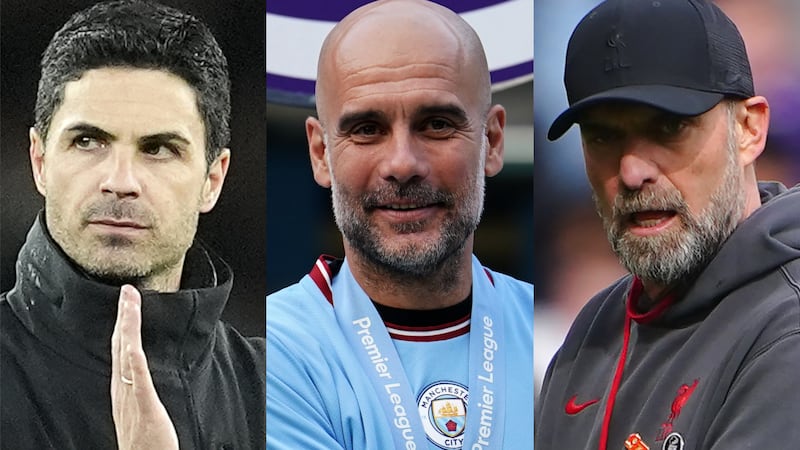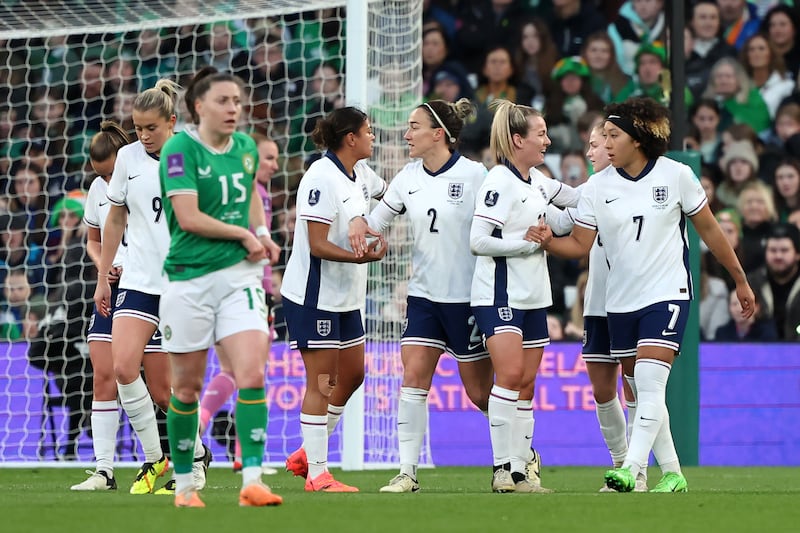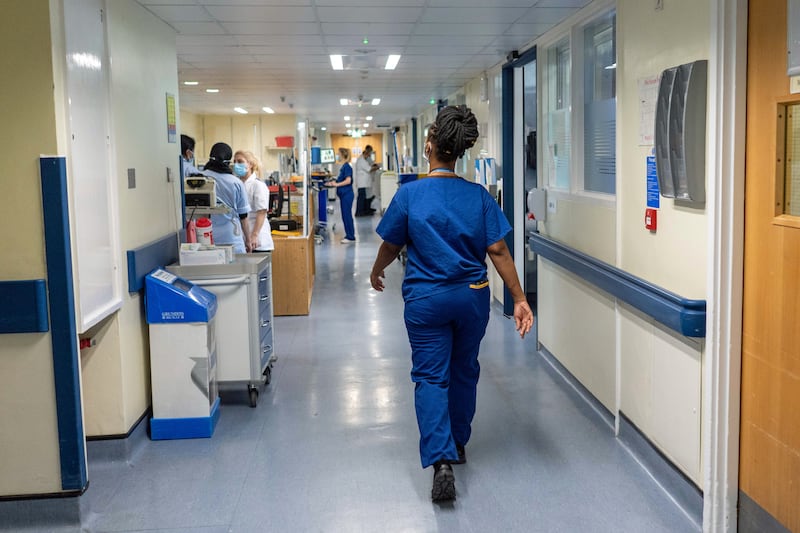BELEAGUERED Republic of Ireland manager Martin O’Neill says he’s determined to “find a formula” to qualify for Euro 2020.
The Derry man’s position as manager is under fierce scrutiny following yet another scoreless draw in their final Nations League group game with Denmark on Monday night.
The Republic have failed to score in their last four outings against Denmark (twice), Wales and Northern Ireland and recorded just one win – against USA – in 2018.
Since last November’s devastating 5-1 World Cup play-off defeat to the Danes the Republic have struggled for form and goals with O’Neill under more pressure than he’s ever been since taking charge five years ago.
In the aftermath of Monday night’s goalless draw in Aarhus he rounded on the media by suggesting they’d been criticising him since the side drew at home with Scotland back in June 2015 and that this period of scrutiny was no different to then.
“You’re gathered around here, you’ve been critical of me now for, well, if I look at it, probably since the Scotland game when we drew with them in 2015. So it’s been continuous.”
One reporter insisted O’Neill’s perception was a “bit harsh” and that he’d received a lot of praise after the Scotland draw.
“Well, it’s true,” O’Neill replied. “It is. I read the things. At the end of the day, it’s [the criticism] been pretty strong.
“But, listen, I’m in a business where criticism is part of the game. It’s not just part of the game, it’s a very strong part of the game, and you have to deal with that.
“We’re trying to blood some young players, we’ve lost a couple of decent players in terms of character and strength, and we’re trying to get some other players in.”
While acknowledging it was “plain to see” the team needed to be more creative going forward, he explained that he had to concentrate on fixing a couple defensive problems after watching the side concede nine goals in two games [Denmark and Wales]
“We conceded in two consecutive competitive games - although they were ten or eleven months apart - four and five. So we’ve tried to rectify that.
“The goals we’ve conceded were a late goal against Poland and a very decent free-kick against Wales. So we’re trying to get that part right. The other part is one that is definitely difficult to do because we need more creativity in the side.
“I thought we were strong defensively [against Denmark]. Obviously, if we’re going to create problems for the opposition, we’ve got to do more going forward.”
O’Neill persisted with a 3-5-2 formation in Aarhus and once again played recognised full-back Cyrus Christie in an unfamiliar right-sided midfield role and kept the likes of Harry Arter and Shaun Williams on the bench.
Arter’s chances could be further curtailed with the manager trying to mould Jeff Hendrick into a holding midfielder even though the Burnley player usually operates higher up the pitch.
“Jeff actually plays a different role for Burnley but I think he can be a sitting midfield player for us,” O’Neill insisted.
“Harry Arter has done it once or twice. Conor [Hourihane], just in the last couple of games for Aston Villa, has gone into that sort of position. But, you know, you say we’re chopping and changing but we’re trying to find a formula for the upcoming European Championships.”
Despite Ireland’s poor form, it’s unlikely there will be any move on behalf of the FAI to relieve O’Neill of his duties before the first round of Euro qualifiers gets under way next March.
Asked if he and the FAI were still on the same page after a poor year, O’Neill replied: “I speak to John [Delaney, FAI chief executive] after games and I think I’ll probably be sharing the same flight with him tonight [Monday].
“If I don’t I’ll have a conversation with him tomorrow or the day after that or whenever it may be. And it’s always been case.”
However, there will be some upheaval in O’Neill’s coaching staff after the manager confirmed backroom team member Steve Walford was leaving his post.
“Steve has a couple of personal things that he wants to deal with and he has left at this moment,” O’Neill confirmed.
“He hasn’t been there for some time and I’ll give him time to think about it but, yes, I think he probably has gone. There are a few things he wants to deal with.
“Steve has been absolutely terrific. He has been my coach at club level, he’s shared in the success that we’ve had at the various clubs and I think he’s an absolutely excellent coach, a really excellent coach. And, yeah, he is a loss in the sense that we’ve always enjoyed working with each other and it’s been great. From that viewpoint, I miss him. But life goes on.”
O’Neill didn’t reveal whether Walford would be replaced but hinted there might be an internal promotion for Steve Guppy.
“Guppy as a young coach has done excellently. He was the coach of Colorado Rapids who won the Major League soccer a few years ago.
“So I think he’s got some pedigree considering Colorado were probably about 500-1 to win the competition at the time. So Steve has done really fine. We’ll see what happens.”
O’Neill expressed his frustration at the big gap between Monday night’s game and next March and admitted he’s never really gotten used to that side of international management.
“The big difference between management in international football and club football is the time element between the games and the fact that you’re not actually in control of the players.
“Those are the frustrations, which every manager will know, whether you’ve got great players at your disposal or you don’t.
“As the games approach you start hoping that your very best players become available, when they don’t you have to look at other alternatives and sometimes the first time you see them is a couple of days beforehand.”
O’Neill said he would review all of Ireland’s games in 2018 to see if any more can be learned and improved upon.
“I don’t want it just to be words here. I’ve always done this as a player, I’m the first one to look and see what we can do; see if there’s something we can actually change to make it better. I accept all those things. At the end of the day, it’s my responsibility and whatever’s there, I will have a look at it, have a look at the matches to see what we can definitely improve on, certainly going forward, and try to rectify that.”
